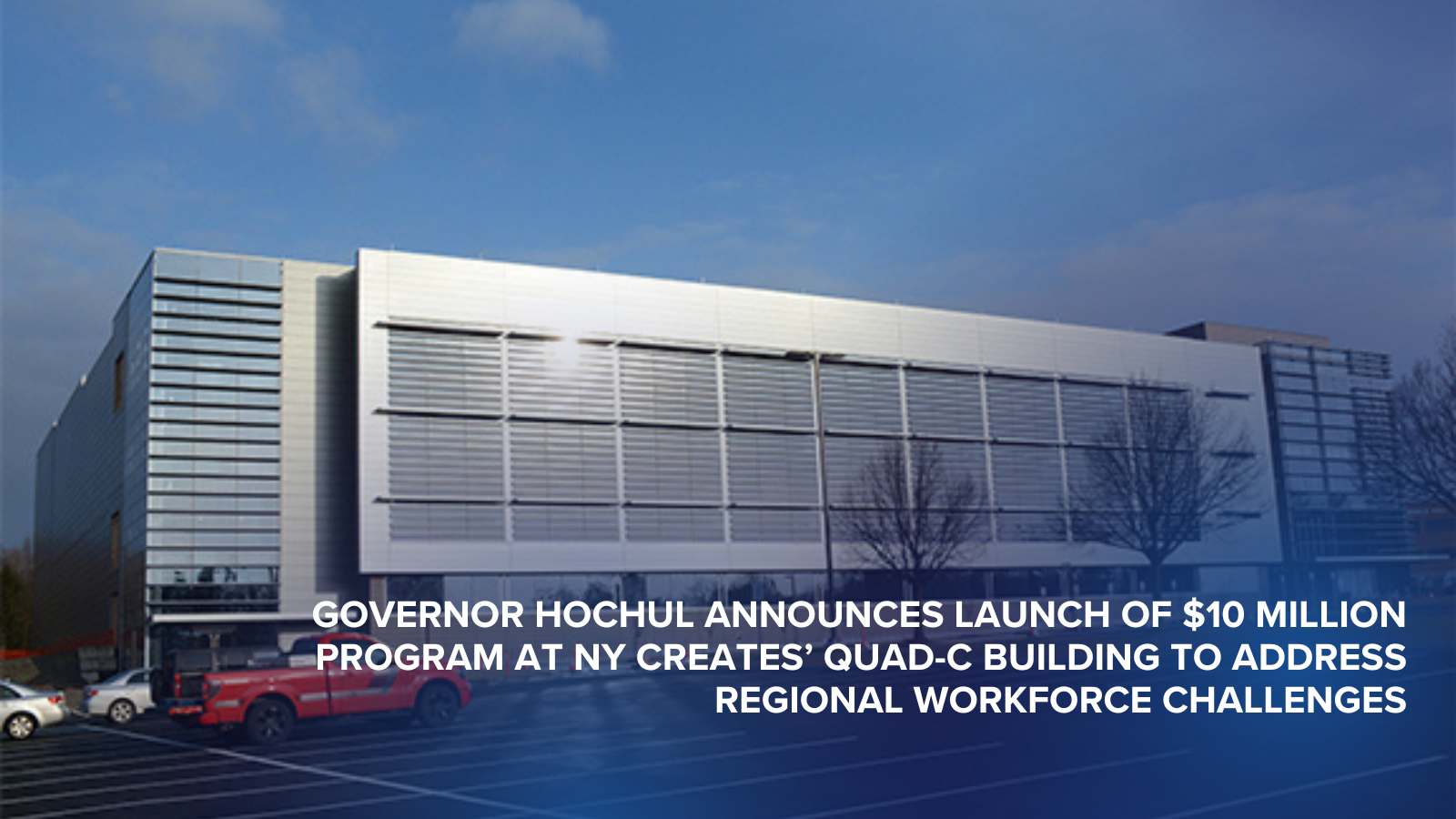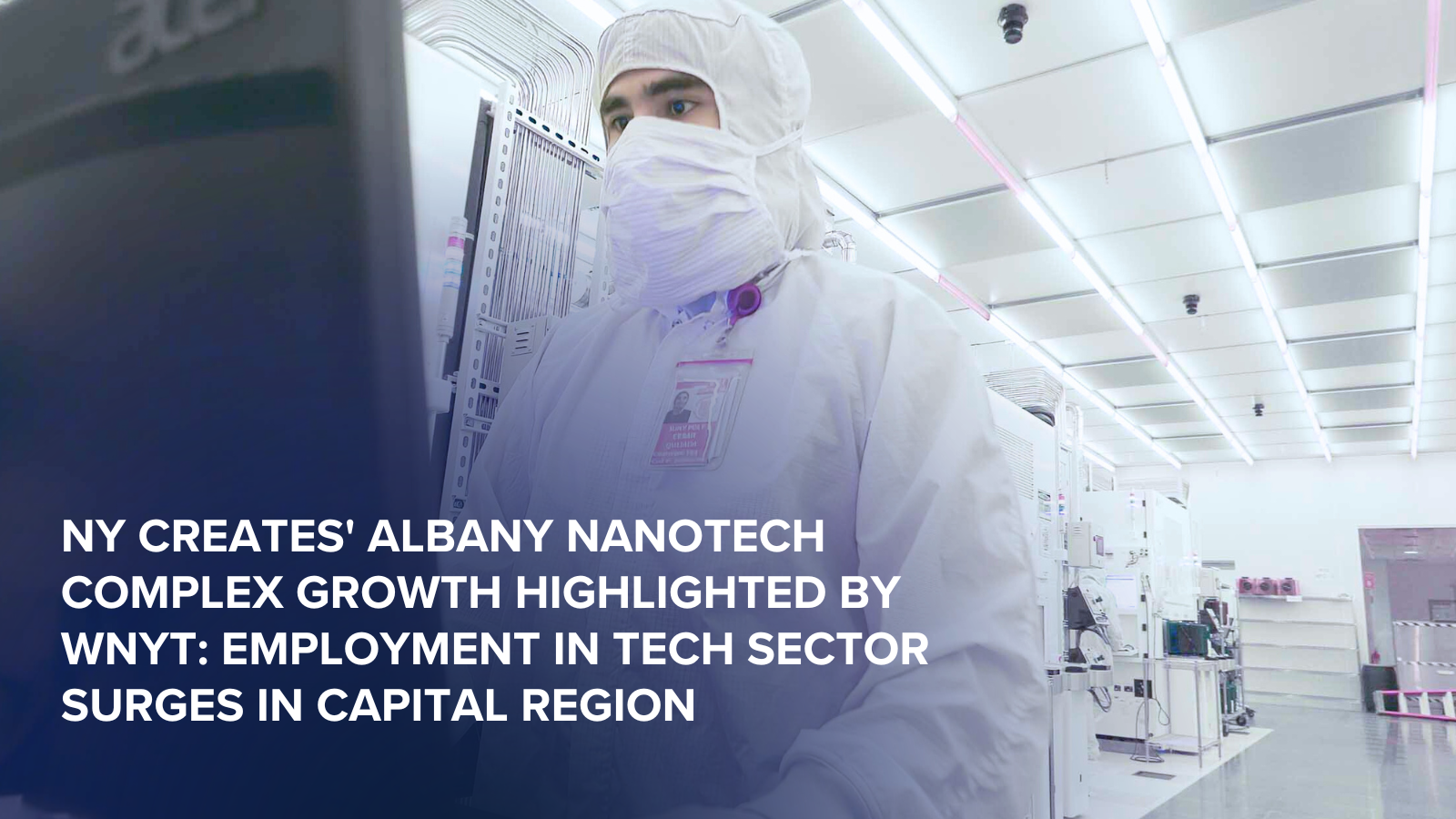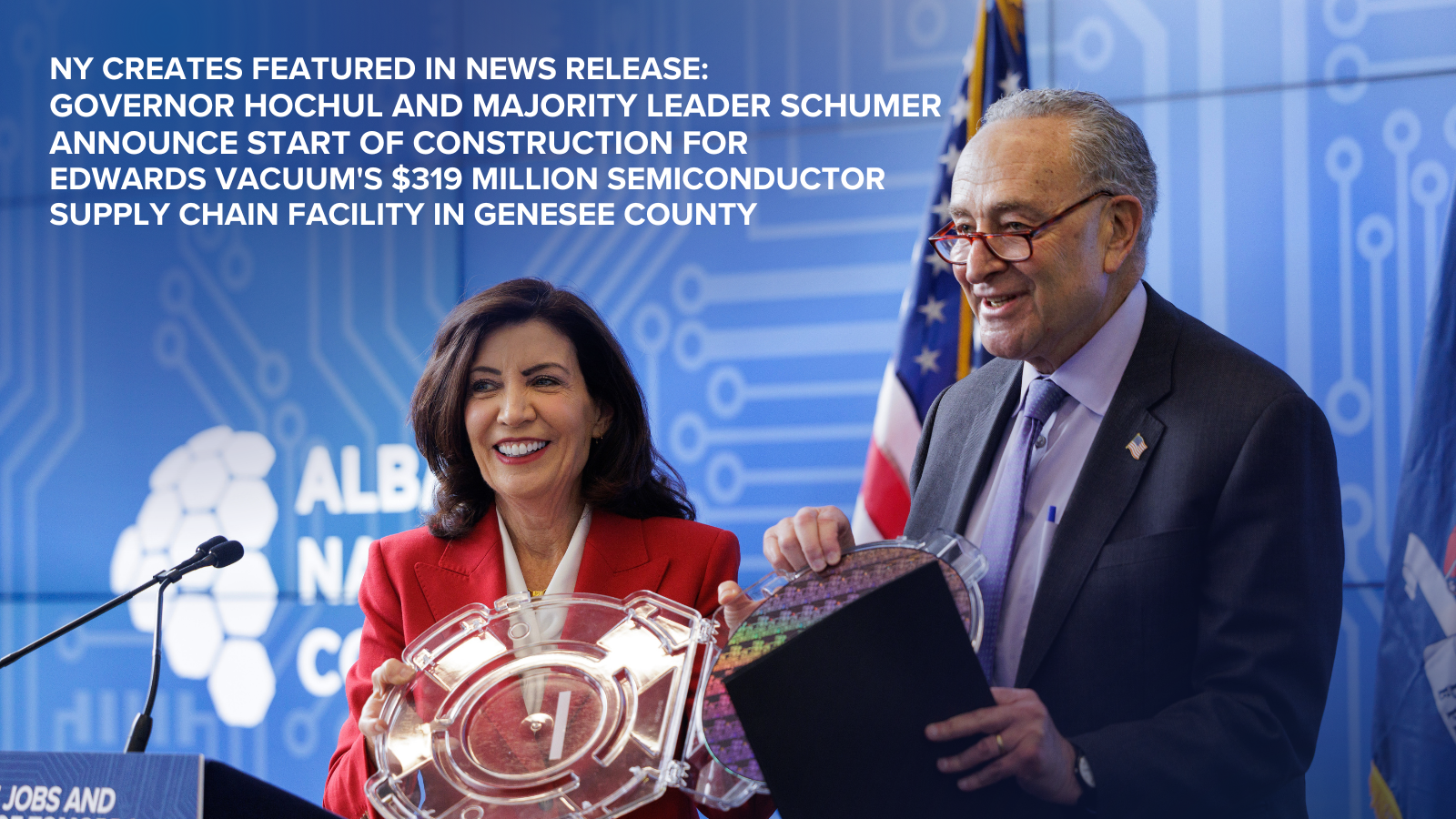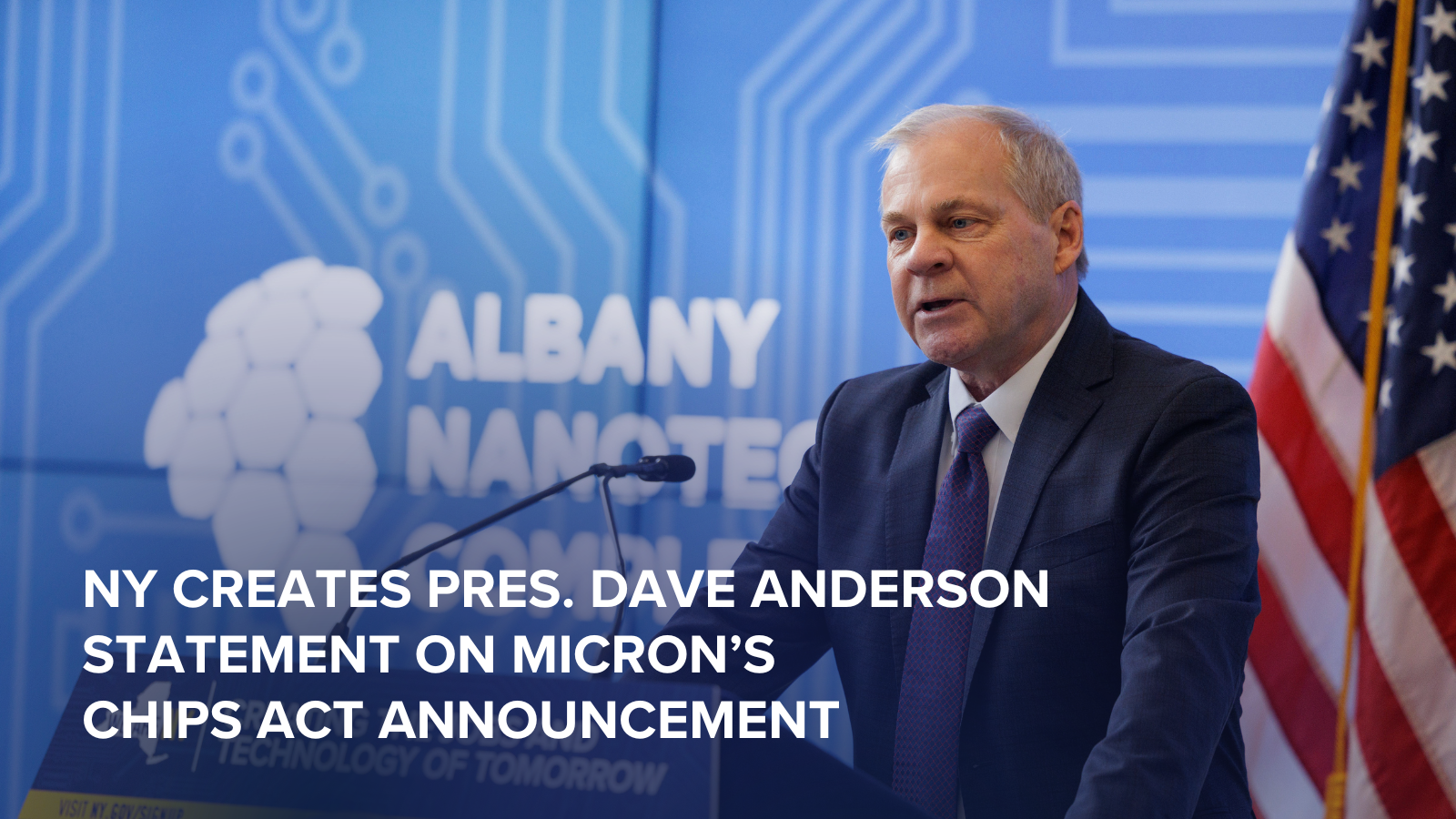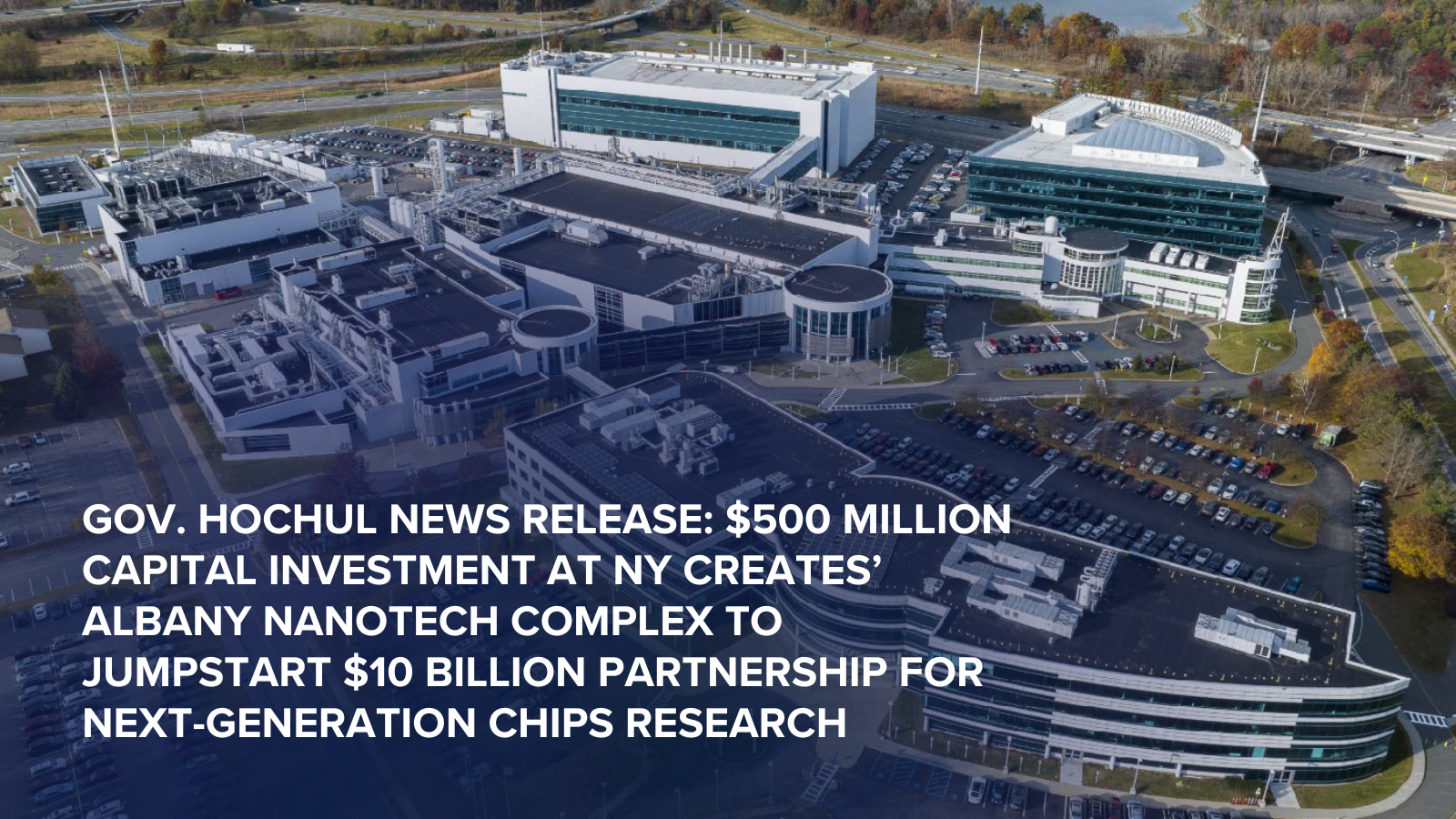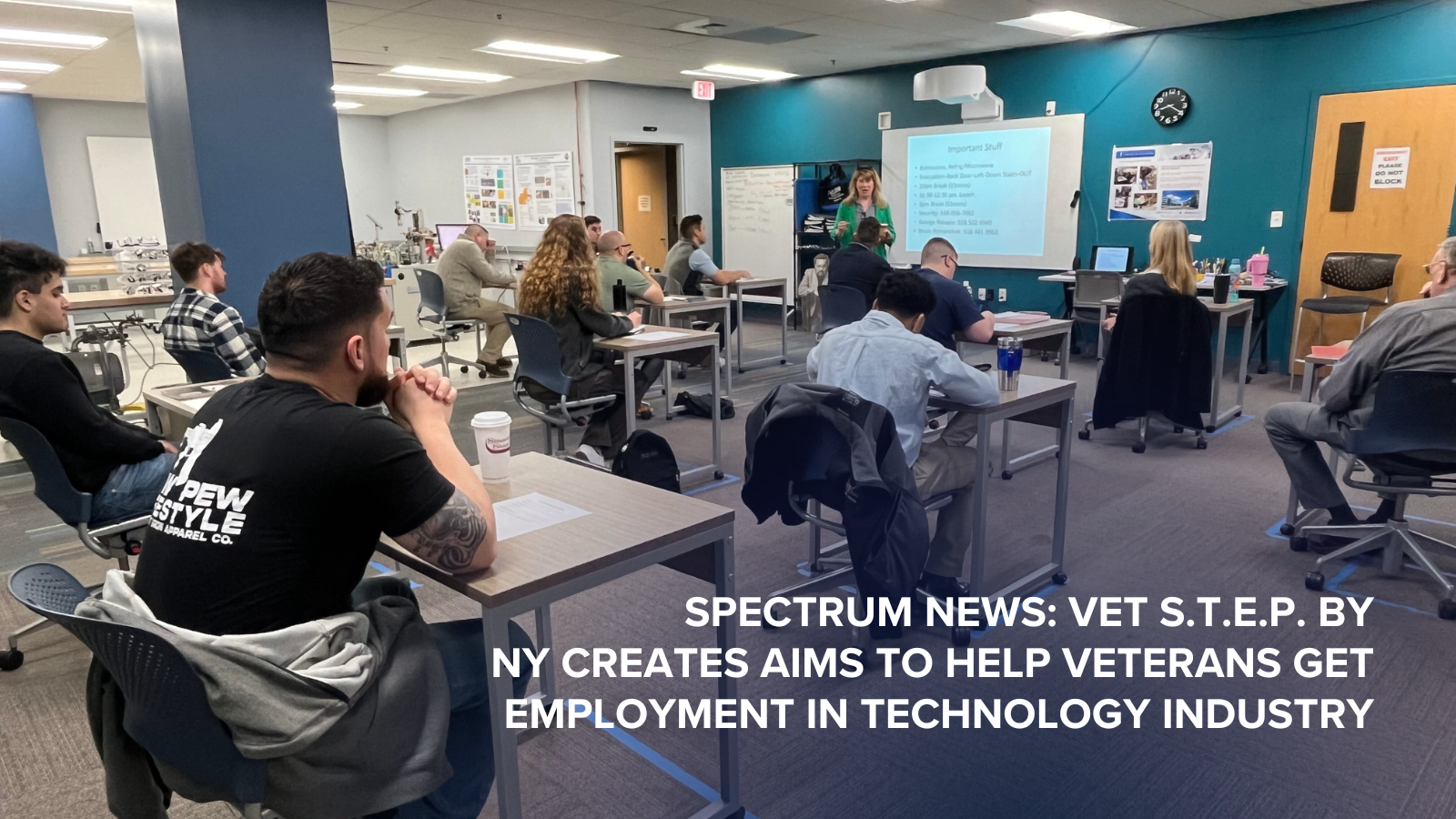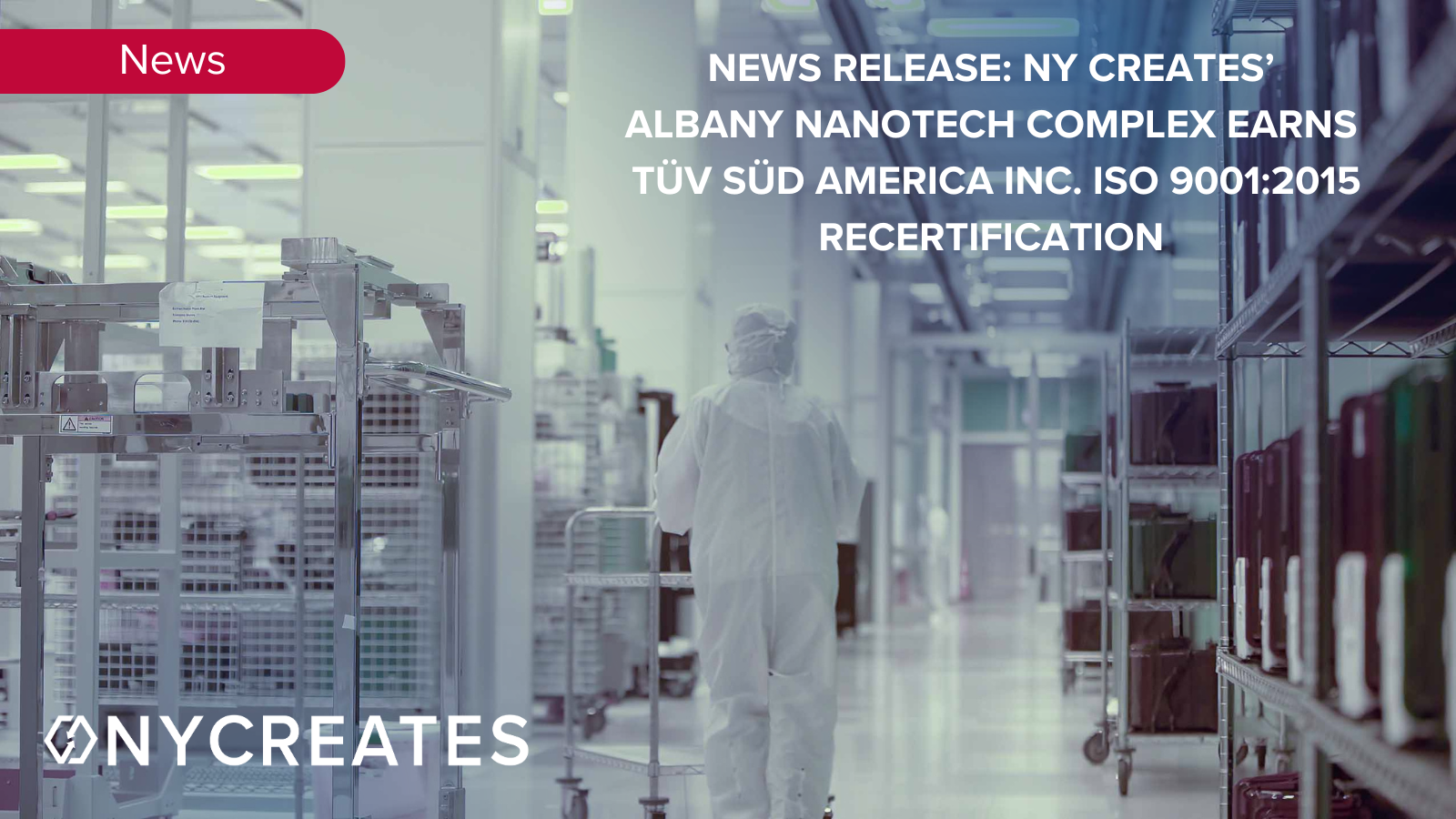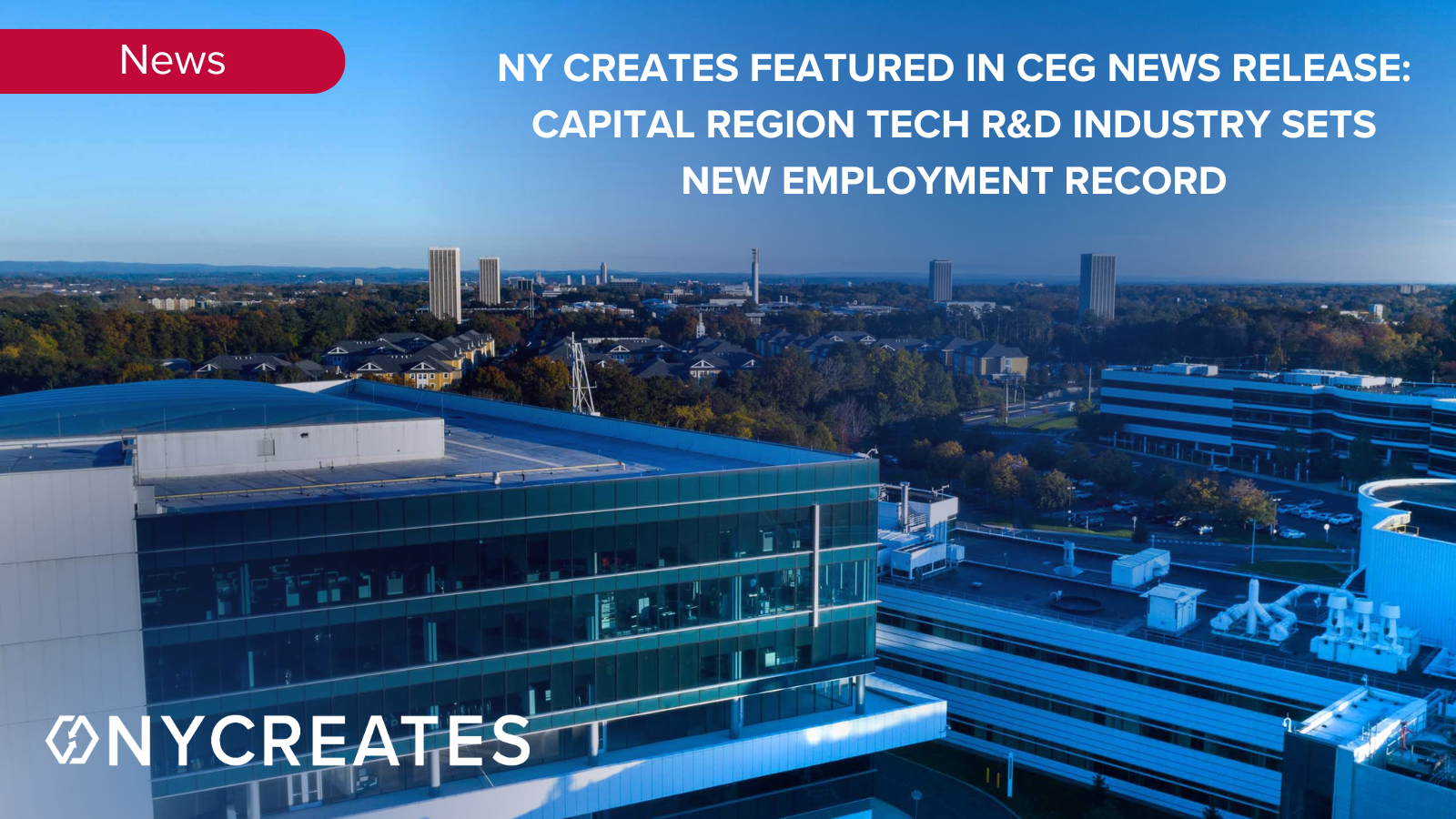Read Governor Hochul’s Press Release Here
Governor Kathy Hochul today announced the launch of Mohawk Valley Empowers, a three-year, $10 million initiative designed to strengthen the Mohawk Valley’s regional workforce ecosystem. This new program prioritizes empowering people by recognizing the need to increase workforce participation, expand wraparound services, and redefine career readiness. Mohawk Valley Empowers resulted from extensive collaboration across six counties, nine colleges and BOCES, industry experts and 22 non-profit partners. Through in-depth data analysis and stakeholder engagement, Mohawk Valley Empowers identified actionable solutions to address the core challenges hindering workforce participation in the region. Potential applicants seeking funding must submit a Consolidated Funding Application, which will be accepted through Friday, June 28.
“The Mohawk Valley is becoming a destination for semiconductor manufacturing and research, and this initiative will empower New Yorkers to take part in the transformative economic potential and future that lies ahead – both in this industry and beyond,” Governor Hochul said. “Our strategic partnerships with educational and industry stakeholders will help to develop a robust talent pipeline, create accessible pathways to jobs, and make the Mohawk Valley a place for New Yorkers to build their careers.”
Lieutenant Governor Antonio Delgado, Chair of the Regional Economic Development Councils said, “The cornerstone of our regional economic development process is collaborative, community-led projects that will build a stronger future for New Yorkers statewide. Mohawk Valley Empowers showcases the importance of bringing our regional workforce together to create the job trainings and employment opportunities needed to build a 21st century economy.”
Since 2011, the Mohawk Valley’s workforce participation rate has remained relatively flat at less than 60 percent. Additionally, 74 percent of the region’s current working-aged population do not have bachelor’s degrees. Mohawk Valley Empowers will support projects that aim to go beyond skills training by empowering individuals through culturally sensitive and community-driven approaches to meet the demands of the growing tourism, agribusiness, and STEM sectors while creating pathways for families to rise out of poverty. Innovative, catalytic projects and programs that address fundamental barriers to employment, advance professional skills development, empower individuals, and promote workplace participation are encouraged. Proposals will be prioritized based on their ability to meet people where they are on their career journeys, dismantle structural inequities within the workforce pipeline, and consider the holistic needs of participants. Program guidelines, including a full list of eligible entities, are available here.
Complementing today’s workforce development initiative launch in the Mohawk Valley, Empire State Development has awarded a $4 million capital grant to support SUNY Polytechnic Institute’s $26.5 million Semiconductor Processing to Packaging Research, Education and Training Center in the NY CREATES Quad C building, currently occupied by Semikron Danfoss, to serve as an epicenter for semiconductor research, education and training, with a goal to increase graduates across advanced manufacturing disciplines by 10 percent in the next four years.
The plans for this new facility were announced by Governor Hochul in 2023 as part of a $44 million state investment in SUNY Polytechnic Institute. This new lab and other investments at SUNY Poly will allow this campus to become the State and nation’s premier public polytechnic and continues SUNY Poly’s evolution as a leader in STEM and the health sciences.
Semiconductor and supply chain companies Wolfspeed, Danfoss, Micron, Indium, Marquardt Switches, Menlo Micro and NoMIS Power, along with NY CREATES, will be collaborating with SUNY Poly, as well as Working Solutions – the Workforce Development Board of Utica, Fulton Montgomery Community College, Mohawk Valley Community College, and Onondaga Community College to establish a curriculum with wraparound services for in demand jobs in the industry that includes device processing for power electronics, optoelectronics and clean energy applications as well as their unique packaging needs.
The creation of a single center covering research, education and training capabilities across semiconductor processing to packaging will provide students and the future workforce with both the depth of knowledge as well as breadth to more fully understand the workflow and attention to detail needed to produce these complicated devices. The facility will have approximately 5,000 square feet of cleanroom space and the first floor will have 2 classrooms seating 30 students along with office space for scientists, postdocs, and students. The Center will train both traditional and non-traditional students, training up to 150 students annually.
SUNY Polytechnic Institute President Dr. Winston Soboyejo said, “We are grateful for the investments New York State has been making in SUNY Poly and for the Mohawk Valley Empowers program, which will simultaneously elevate individual lives and the economy of our region. SUNY Poly’s new Semiconductor Processing to Packaging Research, Education, and Training Center will have a transformational impact on the Mohawk Valley, New York State, and beyond. We look forward to working with our partners to meet the workforce needs of the rapidly growing semiconductor industry – and to helping individuals access the education they need to benefit from the opportunities associated with this growth.”
Empire State Development President, CEO and Commissioner Hope Knight said, “Ensuring that New York State has a well-trained and ready workforce is vital to State’s economy and one of the top concerns I hear from companies looking at where to locate their business. Both the Mohawk Valley Empowers initiative and SUNY Poly’s Semiconductor Processing to Packaging Training Center in NY CREATES’ Quad C building builds on Governor Hochul’s efforts to invest in workforce development and grow key industries across New York State. Thanks to the work of our REDCs and partners, we are creating jobs that will make a difference, not only in the region, but throughout the state.”
NY CREATES President Dave Anderson said, “Today’s announcement further builds on Governor Hochul’s steadfast focus on meeting the workforce needs of this fast-growing semiconductor cluster. We are proud that research, education, and career preparation in areas such as device processing, packaging, and testing, will take place at NY CREATES’ Computer Chip Commercialization Center, home to Danfoss, where SUNY Poly students will now be able to gain the skills that translate directly to success in the semiconductor industry. Combined with the Mohawk Valley Empowers Fund, this expansion of the school-to-fab career pipeline is yet another testament to this region’s ability to support the continued growth of the industry across the northeast and the nation, as well as the resulting job opportunities.”
MVREDC Co-Chairs Lawrence T. Gilroy III, President of Gilroy, Kernan & Gilroy, Inc. and SUNY Cobleskill President Dr. Marion Terenzio said, “We know what the Mohawk Valley is made of – and Mohawk Valley Empowers will help the region’s residents become partners in the jobs and growth this funding will support. This initiative will build the workforce required by the many high-growth industries New York State is attracting, and create a success story for our region both now and for the future.”
State Senator Joseph Griffo said, “I am pleased that SUNY Polytechnic Institute will be receiving funding for its Semiconductor Processing and Packaging Research, Education and Training Center and that the collaborative Mohawk Valley Empowers initiative will be launching. This investment in state funding will enhance and support the semiconductor manufacturing industry in the Mohawk Valley while also empowering people and strengthening the workforce in the region.”
Assemblymember Marianne Buttenschon said, “I am pleased in the Governor’s investment in our secondary and higher educational institutions to launch the MV Empowers Fund. This funding includes the key stakeholders to promote workforce development in many key areas of advancement. I look forward to working together with future employees that utilize this opportunity.”
Oneida County Executive Anthony Picente said, “Today’s announcement continues to solidify Oneida County and the Mohawk Valley as the premier hub of the semiconductor and advanced manufacturing industry,” said Oneida County Executive Anthony J. Picente Jr. “The new center at SUNY Poly will be the epicenter of semiconductor processing and packaging research education and training, producing the next generation of advanced manufacturing workforce right here in Oneida County. That workforce will be strengthened through the MV Empowers Fund, that will allow this county and its regional partners to supercharge the local ecosystem. I thank the State of New York for this investment and I applaud SUNY Poly for its vision.”

